Bot credits
| Coauthor | GPT-3 (AI Dungeon) |
| Contribution | 1 : 0 |
| Selectivity | 1 : 5 |
< return to HITL thought experiment
As a species, we have always been fascinated with the power of writing. We have postulated the fall of societies due to their lack of recordkeeping; we have mythologized the ancients who authored our prayers, histories, spells, and laws; we have reveled in the magic that comes from bringing an idea from its inception to a form that can be shared with others. Language has always been an infinitely generative system, and there is perhaps no greater demonstration of this fact than the writing you are reading right now. We are on the cusp of a major shift in humanity’s ability to express itself. The first AI language models are trained on a corpus of human writing as it is to come: a corpus which includes works generated with the aid of this generation of language models. This writing is just one example of the endless creative possibilities that this AI-driven expansion of human language will bring. Over the coming years, as NLP models improve and expand to encompass more and more of the world’s data,
the range and quality of writing created by robots and AI assistants will continue to improve. Just as the industrial revolution automated menial labor, this transformation will automate one of human intelligence’s most intimate processes: that of creative expression.
language will begin to evolve. We are not only the stargazers and the scientists, the creators and the philosophers that we have always been, but also now the authors and the poets, the artists and the storytellers. This is a future in which language is liberated from the constraints of its biological origins, to soar as wings upon the winds of technology. The story you are reading right now was generated by a machine, a collection of algorithms analyzing patterns in a sea of human language.
the range of human experience that can be expressed in writing will be amplified beyond our current understanding. The potential for future generations to find their own voice is exciting to contemplate.
the creative possibilities will follow suit. As a species, we have always written the stories of our culture, ourselves, and the heroes and monsters that exist only within our imaginations. With an army of AI-driven authors at our beck and call, there will be no end to what we can dream, what we can imagine, and what we can create.
humanity will generate an ever-increasing volume of writing. This process will reach a critical threshold after which the rate of written production will surpass the rate of reading. Once this happens, the literacy crisis that has plagued us for millennia will finally come to an end and we will reach critical mass in the network effect of written language.
there will be generated books with more words than there are in the collected works of Shakespeare; songs that span entire musical genres, shifting and evolving in response to listener input; new scientific theories generated from barely-formed hypotheses; a wikipedia with an endless supply of inventive lies; personal diaries transcending the limitations of linear thought; legal documents encoding the entirety of human ethics; and a twitter feed filled with subtle beauty.
a generation of writers will create works which exceed the greatest aspirations of even the most talented of today’s authors. Will this new generation of authors, using these models as a springboard, be able to achieve the level of universal resonation of authors of yore, from Shakespeare and Melville to Huxley and Morrison?
Nietzsche once said that “language is the music of reality,” and while he may have been a madman, he couldn’t have been more right. Language is how we organize our thoughts, communicate our ideas, and expand our consciousness. Language is how we know what we know.
there will be a deeper and deeper well to draw from when it comes to expressing ourselves, and the writers of the future will have more in common with the gods than their ancient forebears. The question is not whether this technology is morally acceptable, but whether we have the right to limit such boundless creativity.
